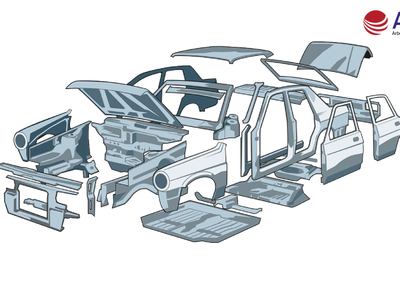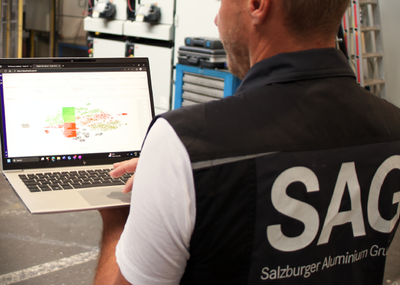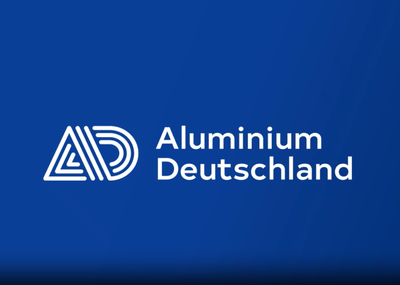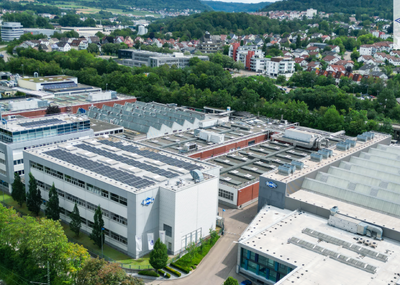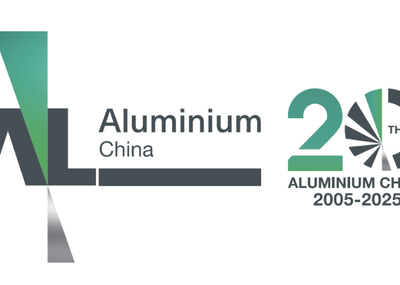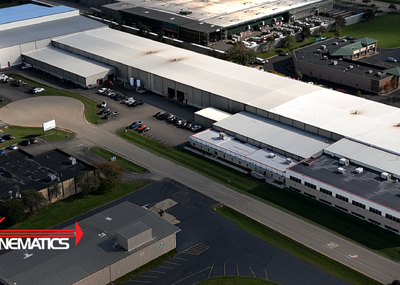Ford expects its new universal electric vehicle platform to enable mass production of several affordable models. The first product based on this platform will be a mid-size electric pickup, scheduled for market launch in 2027. Other EVs, including crossover SUVs, ride-hailing vehicles and more, will follow.
Ford, a renowned automaker with over a century of history, is proactively overhauling its traditional production model to meet the challenge of selling affordable EVs: fast and efficient production in the U.S. with fewer parts, while maintaining profitability. Doug Field, Ford’s Chief EV, Digital and Design Officer, stated: “It’s not just about cutting costs, but also about competing with Chinese EV manufacturers.” Ford’s EV division lost around $1.3 billion (approx. 9.343 billion RMB at the current exchange rate) in the second quarter of 2025, while sales of its two best-selling electric models, the F-150 Lightning and the Mustang Mach-E, declined.
Previously, Ford’s engineering team had developed a new production system and an underlying vehicle platform for the Louisville plant. Ford named this new system the “Universal Production System,” which replaces the traditional single assembly line with a three-arm conveyor line. In addition, Ford developed a universal EV platform using lithium iron phosphate (LFP) batteries licensed from China’s Contemporary Amperex Technology Co., Ltd. (CATL). These batteries will be produced at Ford’s new $3 billion Blue Oval Battery Park in Michigan, scheduled to open in 2026.
One-piece aluminum die-casting components
In terms of production technology, the new EV platform will use large one-piece aluminum die-casting components to significantly reduce the number of parts. Specifically, the front and rear of the vehicle will be assembled independently on two lines, while the third line is dedicated to structural battery packs, seats, center consoles, carpets, and other components. At the end of the process, the three modules will be joined together to form a complete vehicle. Ford announced that this new production method will reduce the total number of parts in the new EV by 20 %, including a 50 % reduction in cooling hoses and connectors and a 25 % reduction in fasteners. At the same time, the system will reduce the number of docking stations by 40 % and increase the production speed of the EV platform by 15 %. The new vehicle will also offer a larger interior and advanced functions such as an automated driving assistance system.
The shift to serial production and a universal EV platform will fundamentally transform operations at the Louisville plant and may result in workforce reductions. However, Ford emphasized that while this transformation could affect the entire supply chain, in the long term it will help preserve U.S. jobs.
Source: www.ford.de


